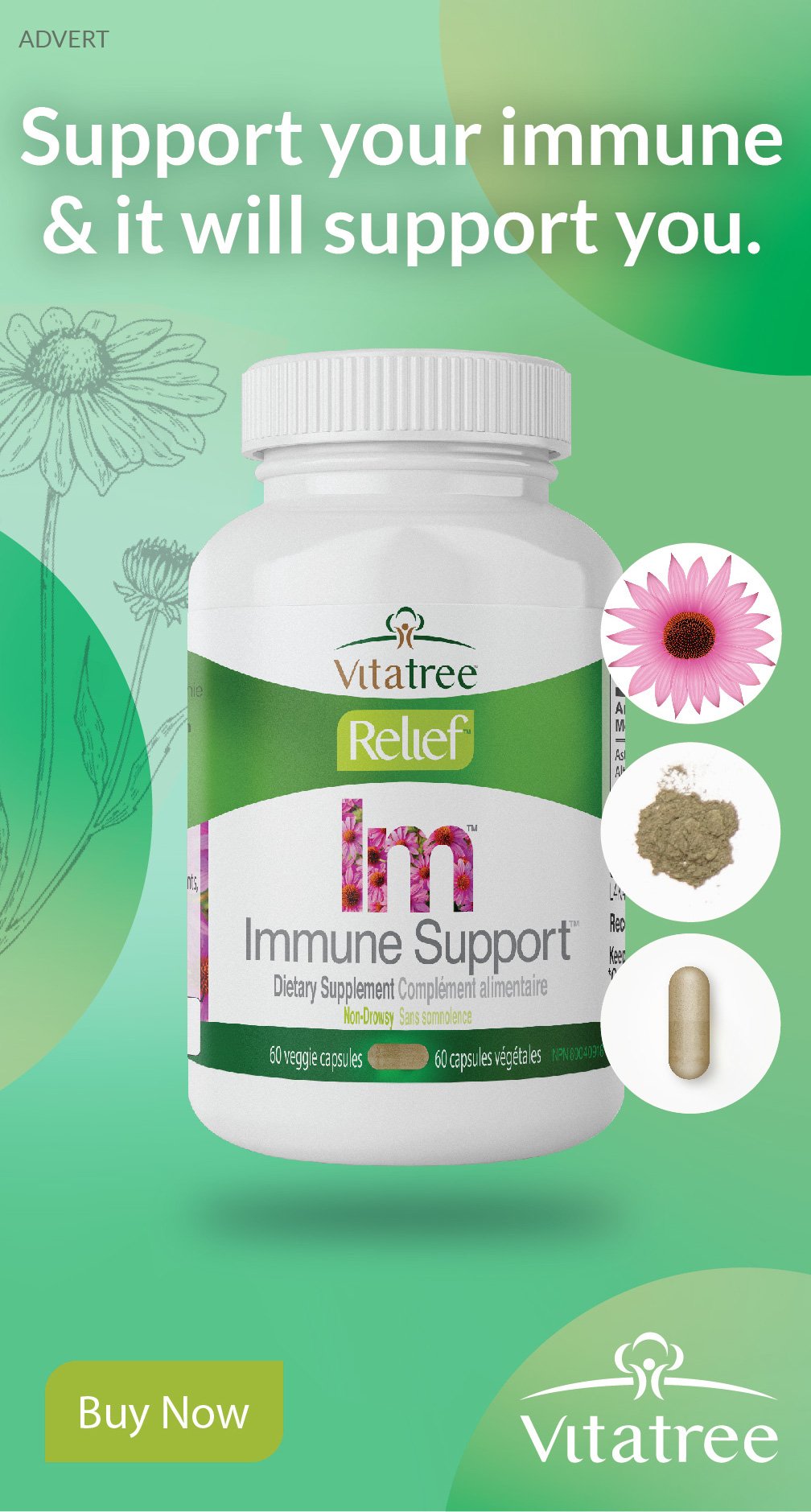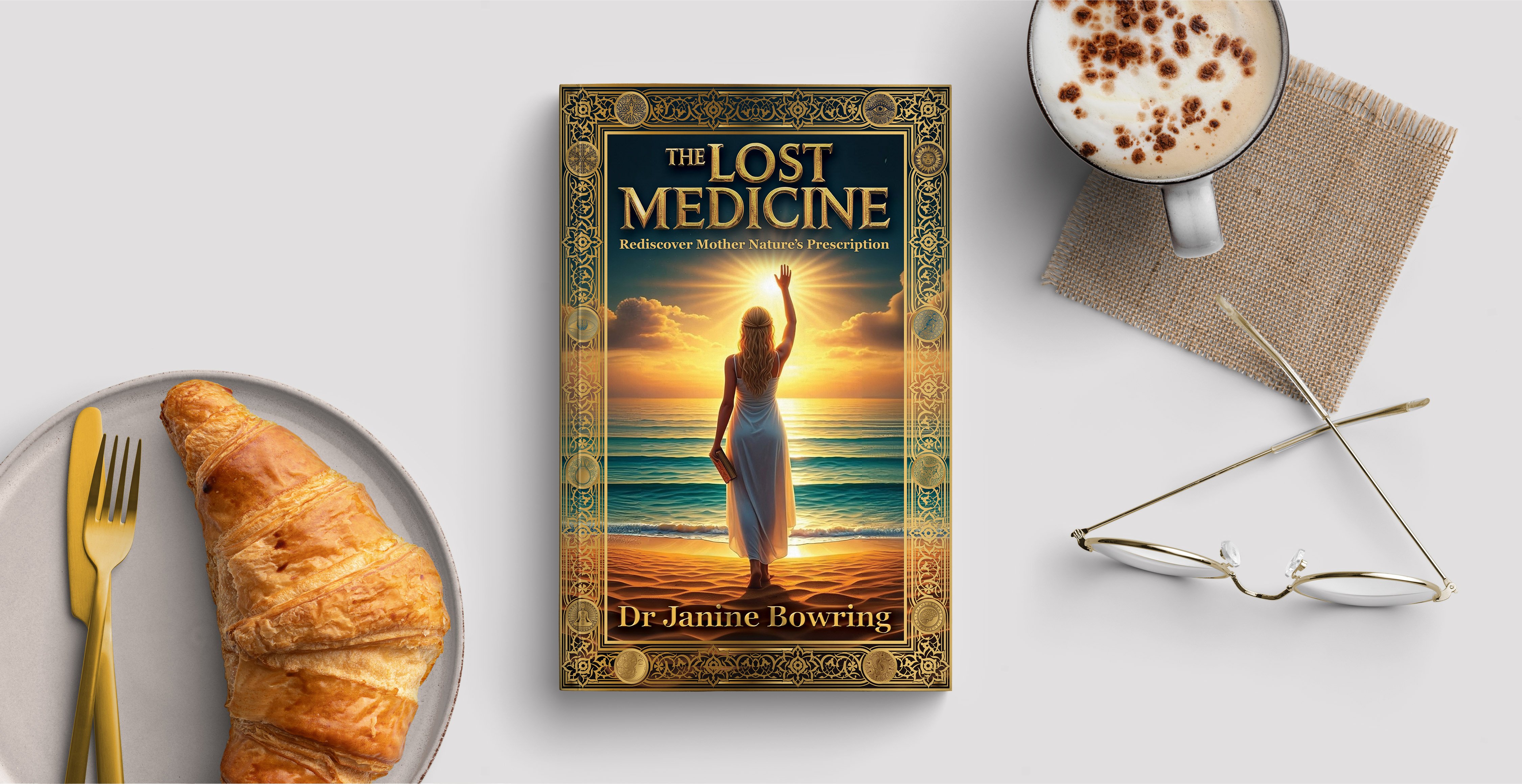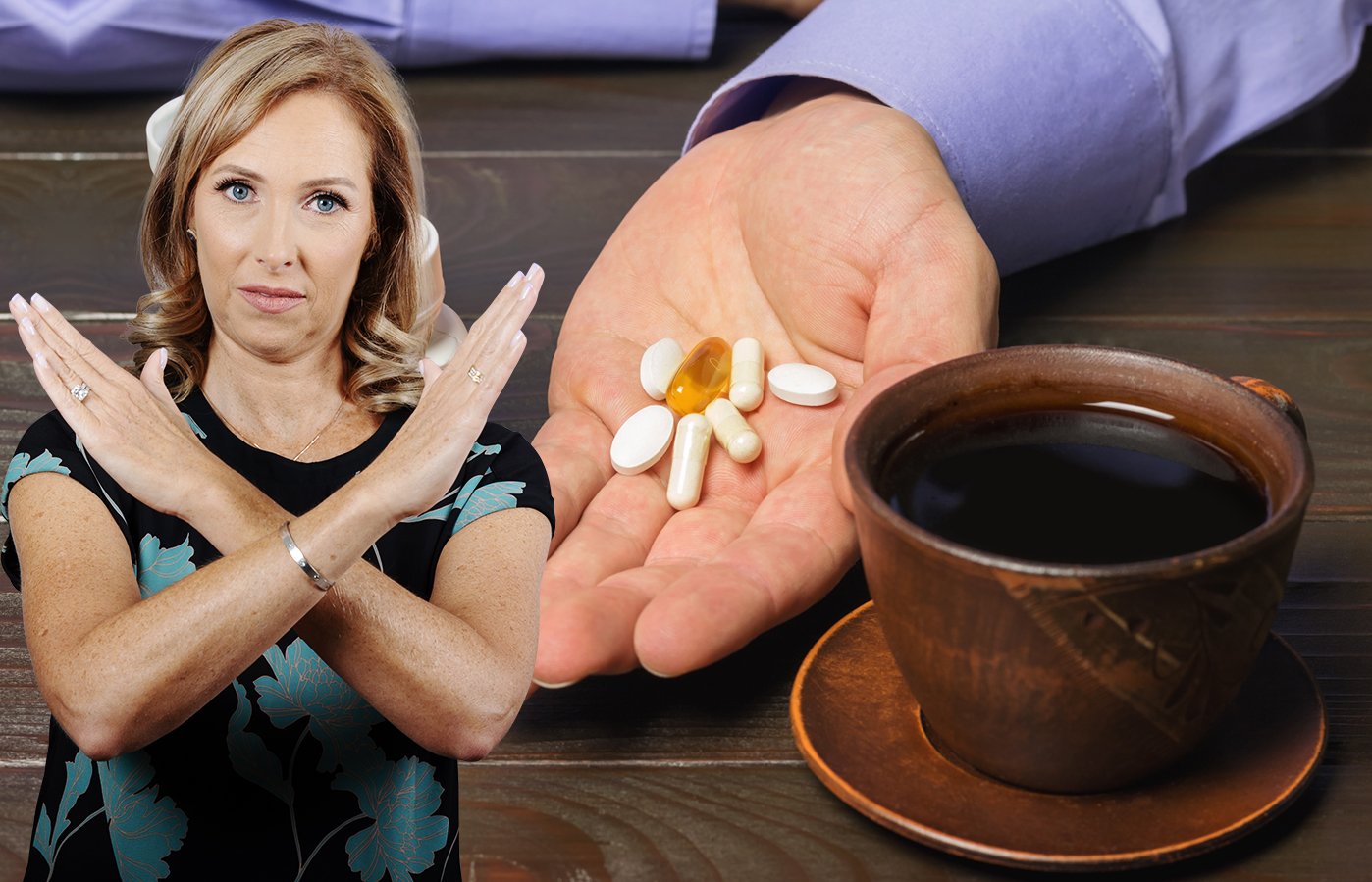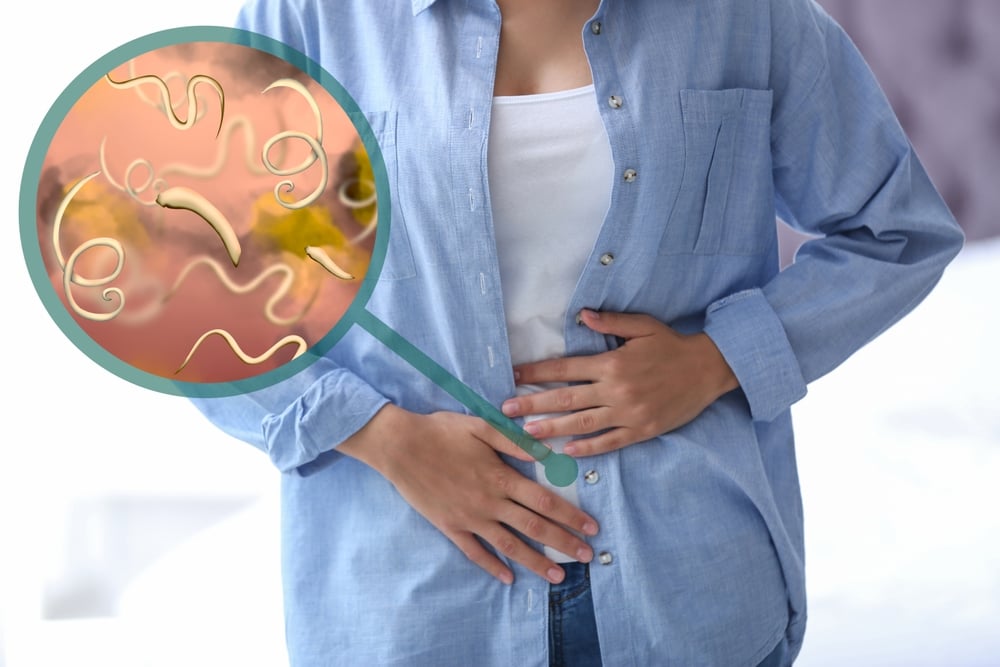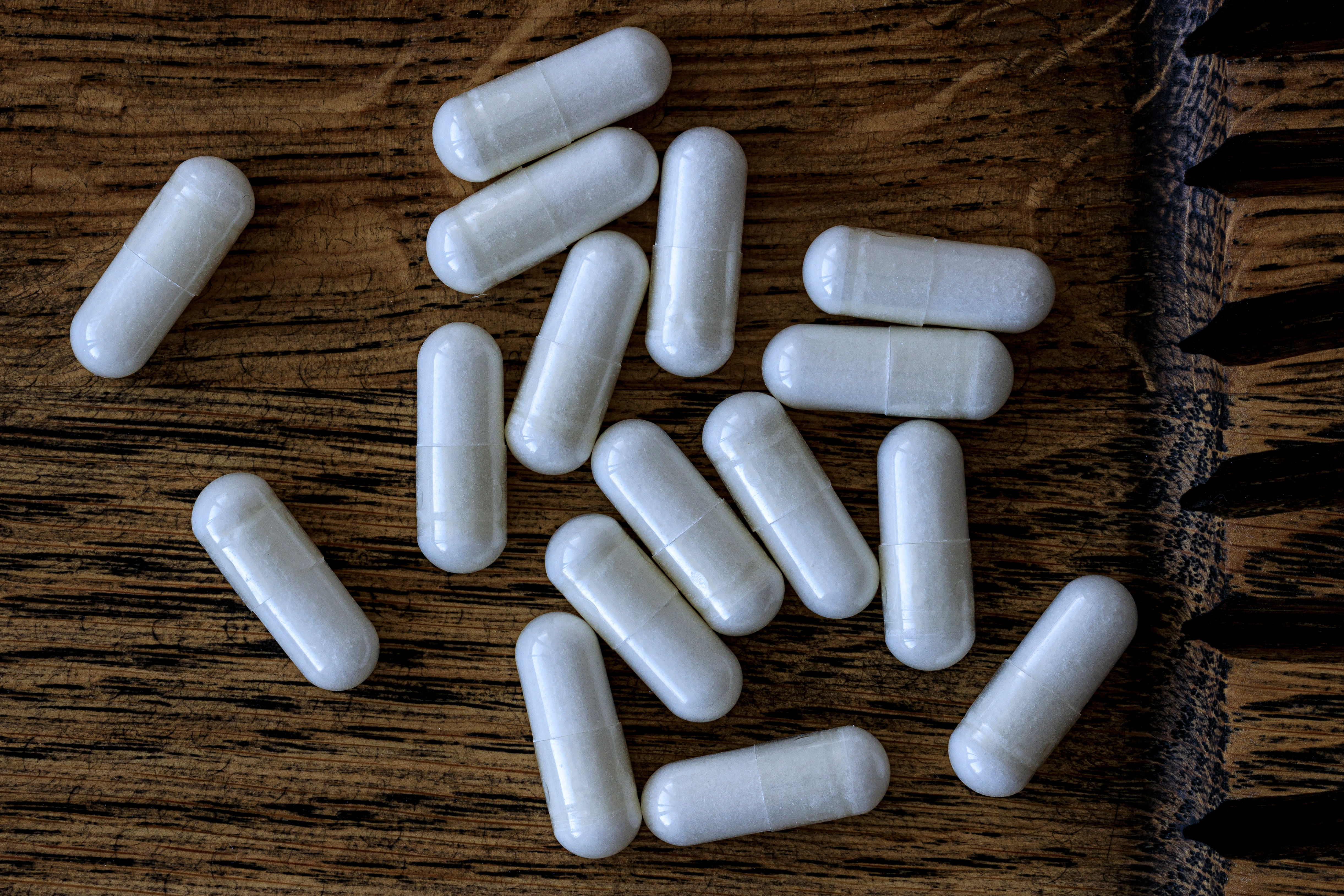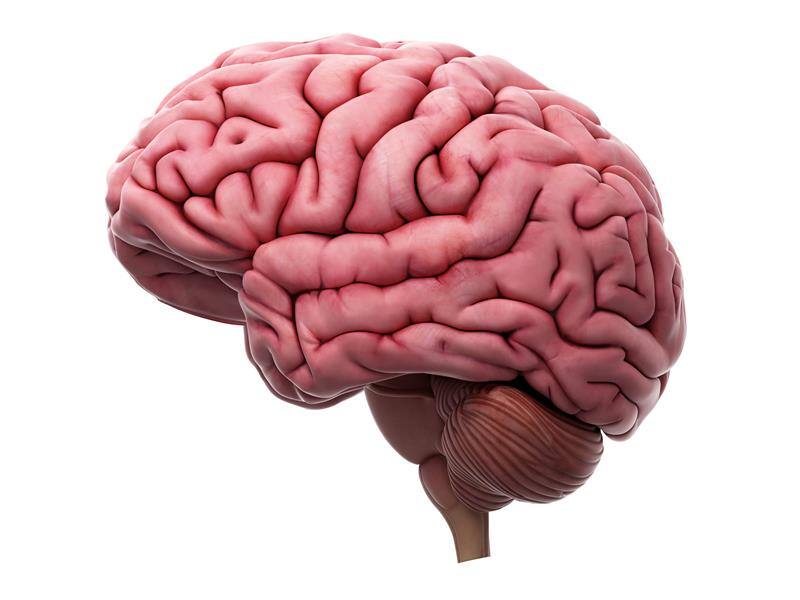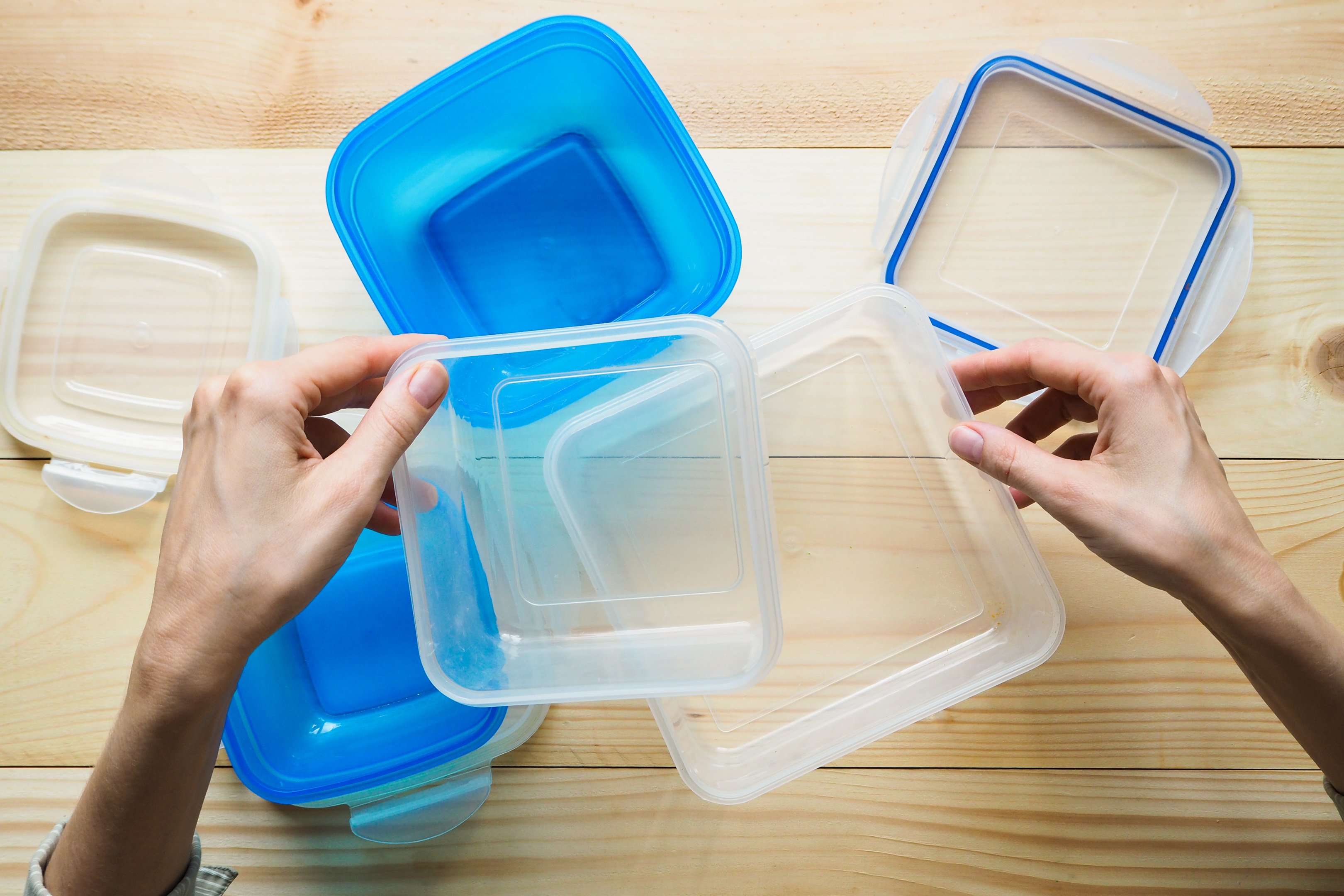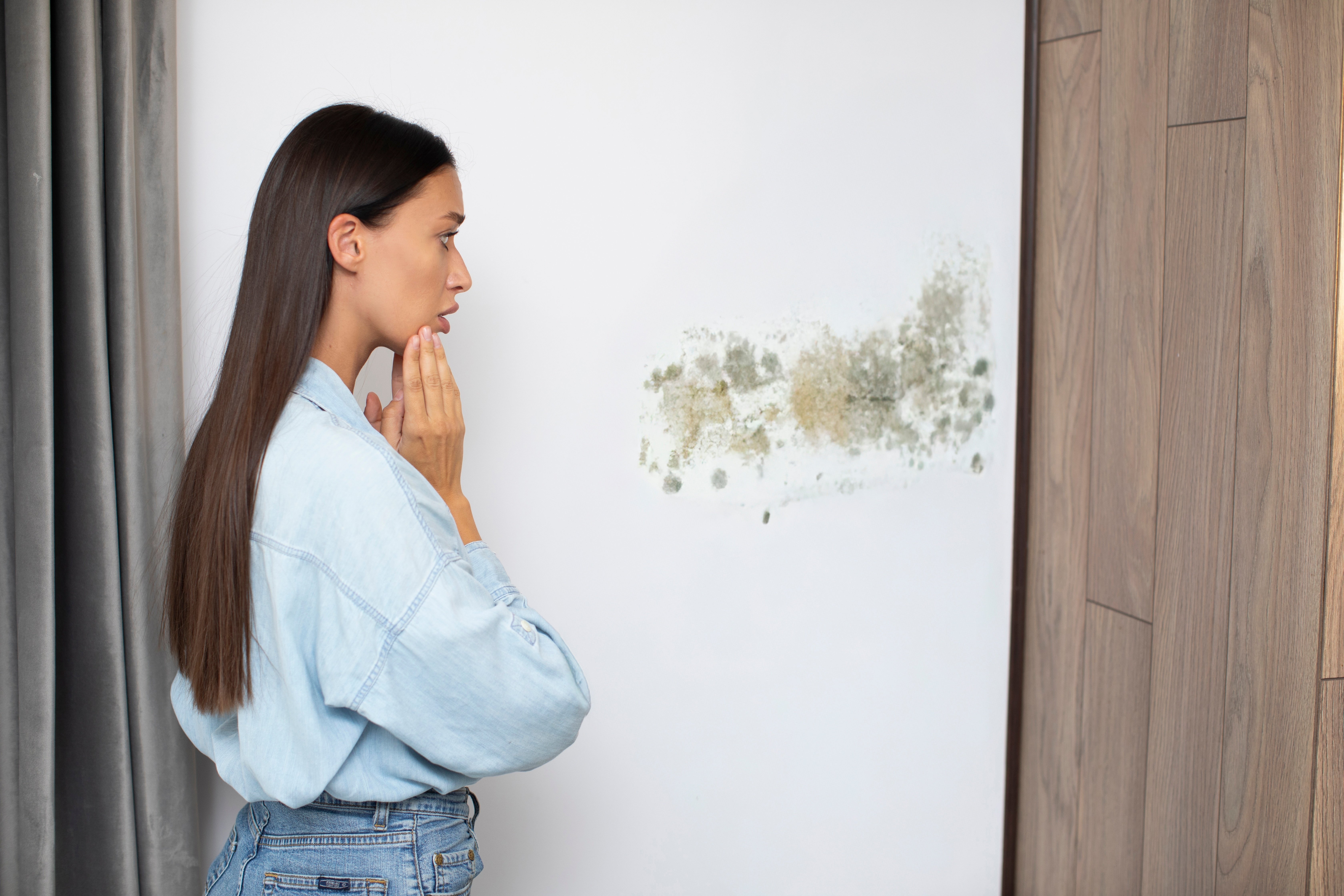Introduction
Collagen amounts to about 25 to 35 percent of the total protein in our bodies and that protein is really important for humans. There are different types of collagen in the body so I’m going to break them down for you. Our joint cartilage is about 80 to 90 percent of the Type 2 collagen (UC2). This Type 2 collagen may reduce joint pain, swelling and stiffness; this is really important for anyone who's suffering with severe osteoarthritis, juvenile arthritis in children and also adult onset rheumatoid arthritis. It’s very effective for helping our joints and our fascia as well as our muscle tissue as well; collagen is a fiber-like structure and it's used to make our connective tissue. Know that we have connective tissue in other parts of the body, in our bones as well in our skin. What collagen does is to make tissues resilient and strong at the same time and able to withstand stretching. That sort of elastic property of connective tissue is very important, to avoid rigidity. People who have connective tissue disorders like Ehlers-Danlos syndrome, a genetic disorder, where the collagen and the connective tissue are not functioning optimally. Not having proper connective tissue can lead to secondary effects such as blood pressure issues, headaches and a lot of pain in the body. As you can see, our collagen tissue and connective tissue is extremely important for good overall functioning in our systems and making sure that we're optimizing our health. I will go over tips on how you can maximize your collagen, your own collagen production, the things that you can do you and what to take naturally of course to help your own collagen.
There's this big debate about different types of collagen and meat versus plants. Collagen is naturally found only in animal products, in the animal flesh, and whether it is from bovine sources or from fish that contain their own connective tissue. In short, when you're taking collagen as a supplement it needs to be an animal product.
Now there are plant sources that help to give the building blocks of healthy collagen, so it's a little bit different. So if you are vegetarian, the way that you boost your collagen is different because of course you wouldn't take the animal products There are some vegetarian sources that help to boost your collagen though not quite in the same way.
Table of Content:
• Chpt 1: How does the body make collagen ?
• Chpt 2: Different types of collagen
• Chpt 3: Different collagen supplements
• Chpt 4: Benefits of collagen
• Chpt 5: Signs & Symptoms of Collagen deficiency
• Chpt 6: Topical vs. ingested collagen
• Chpt 7: What to look for in a collagen supplement
• Chpt 8: 9 Tips to boost collagen naturally
How does the body make collagen?
To produce your own collagen your body needs certain raw materials.
1. Proline

Egg whites contain proline, an amino acid that helps with the building blocks of collagen production. Dairy products, cabbage, mushrooms and asparagus also contain proline.
2. Glycine

Glycine is another amino acid that is a building block for making proteins in the body. It is a very important for your connective tissue, especially in the gut. It is found in pork and chicken skin as well as in gelatin.
3. Vitamin c

Vitamin C helps with the structure and functioning of our collagen, the body can’t make collagen without Vitamin C. This is found in citrus fruits, bell peppers and camu camu berries. If you are taking a Vitamin C supplement, make sure it’s whole food and organic.
4. Zinc

Zinc is a mineral that helps the immune system and is found in beef, lamb, pork, and shellfish. Some vegetarian sources are chickpeas, lentils and beans. Some dairy products and various nuts and seeds contain zinc as well. Getting the high content from food sources alone is challenging so to optimize that, a high quality zinc supplement might be necessary, especially if you have absorption issues such as leaky gut, a lot of stress, certain medications, consumption of lots of caffeine and alcohol. Copper and zinc work hand in hand, you want to make sure you get both to optimize your zinc absorption.
5. Copper

Copper is naturally found in organ meats, cocoa powder, sesame seeds, cashews and lentils. You also want to make sure you have a good zinc ionifier to maximize the zinc absorption, my preferred one is quercitin.
Different types of Collagen
1. Type I collagen

Type 1 collagen is the strongest and the most abundant type of collagen in our bodies. This one really does help with our connective tissue, so this is in most types of the connective tissues in our body.
2. Type II collagen

Type 2 collagen is the main component of joint cartilage so that's important for the proper functioning of our joints helps to keep our joints healthy and also helps in reducing the chance of arthritis developing and joint pain associated with the aging process. That's why Type 2 collagen is not only important for our bone health, but also for healthy hair, skin and nails. It helps to promote healthy gut functioning, so for people with leaky gut syndrome this is a whole other topic. I have online shows all about that, check those out on my YouTube channel.
3. Type III collagen
 Type 3 collagen is the major component of the extracellular matrix and this is present in all tissues, especially in the skin and our internal organs. Having proper amounts of different types of collagen will help to boost up our health, not only in our internal organs but for the beauty benefits for the skin as well.
Type 3 collagen is the major component of the extracellular matrix and this is present in all tissues, especially in the skin and our internal organs. Having proper amounts of different types of collagen will help to boost up our health, not only in our internal organs but for the beauty benefits for the skin as well.
Different Collagen supplements
There are many different types of collagen supplements on the market, and I do get a lot of questions about which one is the best. My answer is not only based on personal choices and a few other reasons why you may choose one over the other.
1. Bovine (cow or beef) collagen

Bovine is derived from cows or beef collagen; this is specifically from the skin, bones and muscles of that animal. It’s mainly Type 1 and Type 3 collagen that you are getting from a bovine source. Bovine contains not only collagen, but also a rich supply of the glycine and the proline, which are building blocks for that healthy cartilage and for our connective tissue. It is also useful for creatine production, so many bodybuilders may be taking a creatine supplement. This is an added benefit of taking the this type of collagen from the beef source, it is so helpful for building healthy muscles, especially with working out and for your body to make its own collagen
2. Chicken collagen
 There's chicken collagen as well, which contains the Type 2 collagen. It is really important for building up our cartilage in terms of joint health and often this type of collagen is added into joint supplements.
There's chicken collagen as well, which contains the Type 2 collagen. It is really important for building up our cartilage in terms of joint health and often this type of collagen is added into joint supplements.
3. Fish collagen

Fish collagen has been found to be easily absorbed and provides mostly the Type 1 collagen with some of the glycine, proline and hydroxyproline.
4. Egg shell membrane collagen
 Eggshell membrane collagen found in the shells and the whites of eggs. Contains mostly Type 1 collagen also has a little bit of type 3, 4 and 10. Remember there are different and multiple types of collagen in the body, so this one gives you a little bit different ratio in terms of that type of collagen.
Eggshell membrane collagen found in the shells and the whites of eggs. Contains mostly Type 1 collagen also has a little bit of type 3, 4 and 10. Remember there are different and multiple types of collagen in the body, so this one gives you a little bit different ratio in terms of that type of collagen.
Benefits of collagen
Collagen is great for joint health and of course for our skin health. Great news: there have been some studies done in terms of skin elasticity and the physiology. This study showed that the oral intake of low molecular weight collagen peptide improved the hydration, elasticity and wrinkling in human skin. This is really promising because sometimes it’s difficult to find studies that will actually really prove the correlation between natural ingredients and the beauty benefits. The word wrinkling is a big deal, that there were improvements in that study is really promising for us all. That’s why we’re talking about collagen today, not only it is helpful for our joint health. But come on, let’s be honest, the beauty benefits can be amazing.
What causes collagen loss
Lorem ipsum dolor sit amet, consectetur adipiscing elit. Cras metus turpis, placerat in ligula vel, commodo varius orci. Aenean nec arcu luctus, pretium magna et, malesuada nunc. Vestibulum ante ipsum primis in faucibus orci luctus et ultrices posuere cubilia curae; Proin egestas dolor sit amet rutrum placerat. In nibh tellus, dictum ut.
1. Aging
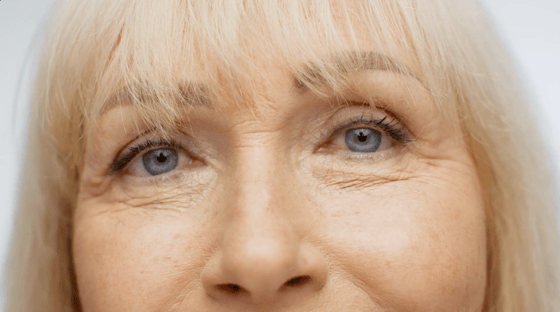 The aging process can cause collagen loss. As we age, we are also missing those building blocks for that healthy collagen formation
The aging process can cause collagen loss. As we age, we are also missing those building blocks for that healthy collagen formation
2. Excess UV- Sun exposure
You know that I love the sun, but you have to be smart about it. You want to be sensible about that damaging UV exposure. You want to minimize that damage to the collagen, especially if you're not supplementing with collagen. There has to be a balance about your exposure to the sun at different times of the day. I have others shows about the hidden secrets of the sun and healthy sun exposure so make sure you check those out.
(37) Do This 9 Tips for Safe Natural #Sun Exposure | Dr. J9 Live - YouTube
3. Smoking

Smoking will actually cause collagen loss. That isn’t surprising, if you've seen smoker's skin, especially I notice in women that have smoked for years, you can definitely notice a loss of collagen on their dry and wrinkled skin.
4. Alcohol
 Alcohol, like anything else, is good in moderation. Overdoing it with alcohol, however, will definitely cause problems with your collagen levels.
Alcohol, like anything else, is good in moderation. Overdoing it with alcohol, however, will definitely cause problems with your collagen levels.
5. Vitamin and mineral deficiencies
 Vitamin and mineral levels can affect your collagen. Specifically Vitamin C, as well as Zinc and Magnesium. Magnesium is really our anti-aging mineral and has so many different functions, it’s so important to keep these minerals and vitamins at optimum levels.
Vitamin and mineral levels can affect your collagen. Specifically Vitamin C, as well as Zinc and Magnesium. Magnesium is really our anti-aging mineral and has so many different functions, it’s so important to keep these minerals and vitamins at optimum levels.
6. Blue light toxicity
 Blue light toxicity, from our devices, can cause for collagen toxicity and loss. Wearing blue-light blocking glasses will help, but it’s something we definitely have to be aware of. Also, keep track of any essential fatty acid deficiencies, especially in the DHA with a little bit of that EPA. You will find that in our good quality Fish Oil. This helps to maintain our healthy cell membranes. I have online shows about that as well.
Blue light toxicity, from our devices, can cause for collagen toxicity and loss. Wearing blue-light blocking glasses will help, but it’s something we definitely have to be aware of. Also, keep track of any essential fatty acid deficiencies, especially in the DHA with a little bit of that EPA. You will find that in our good quality Fish Oil. This helps to maintain our healthy cell membranes. I have online shows about that as well.
7. EMF'S

Electro Magnetic Field (EMFs) It is so important to protect yourself from those non-native EMGs. These can come from radio waves, cell phone towers, etc. They can cause havoc on your health.
(37) EMFs Invisible Health Hazard | Health Hacks I Wish I Knew Sooner | Dr. J9 Live - YouTube
8. Lack of sleep

Yes, we actually do need our beauty sleep. Our body produces, repairs and maximizes our collagen functioning while we are sleeping.
9. Lack of exercise

We need to do our best to be active. To have some type of movement every single day in order to maximize our collagen .
Signs & Symptoms of Collagen deficiency
1. Wrinkles
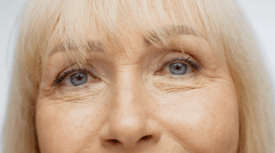 Wrinkles are an obvious sign of collagen deficiency. If you are seeing wrinkling in the skin, then you likely need more collage
Wrinkles are an obvious sign of collagen deficiency. If you are seeing wrinkling in the skin, then you likely need more collage
2. Cheeks fall, hollow and dark under-eyes

Hollowness under the eyes and dark undereye circles, cheeks appear fallen, these could be signs of a lack of collagen.
3. Joint Pain
 Joint pain and aches in the body, usually a sign of collagen loss as we are aging.
Joint pain and aches in the body, usually a sign of collagen loss as we are aging.
4. Sore Muscles
 Sore Muscles The tendons and ligaments that keep our muscles in place, and to make sure our bones are functioning optimally all need enough collagen. If you have a lot of sore muscles, you could be collagen deficient.
Sore Muscles The tendons and ligaments that keep our muscles in place, and to make sure our bones are functioning optimally all need enough collagen. If you have a lot of sore muscles, you could be collagen deficient.
5. Cellulite
 Cellulite can be related to a collagen deficiency as cellulite can be an issue of our connective tissue. In order to maintain that skin elasticity and the firmness, to ensure that our cells are renewing optimally, we need and to have enough collagen. In order to decrease the likelihood of developing that cellulite, we definitely need to ensure that we have optimized collagen levels. This is what happens: when the fatty tissue level layer that happens just underneath our skin is pushing upward against that connective tissue, and that's the anchoring down in women our connective tissue is very different from guys, so when that's anchored down that's when we start to see that dimpling effect with the cellulite. That’s something that we can see in this picture so if you're watching on YouTube, you can see the full effect of this. That connective tissue is anchoring down on that skin from above and now that comes out poaching and with some extra cellular fluid and fat that may have accumulated as we age and being more sedentary. That's when we’re going to get that dimpling effect, that orange peel skin . By optimizing our collagen levels, we can really help our cellulite as well.
Cellulite can be related to a collagen deficiency as cellulite can be an issue of our connective tissue. In order to maintain that skin elasticity and the firmness, to ensure that our cells are renewing optimally, we need and to have enough collagen. In order to decrease the likelihood of developing that cellulite, we definitely need to ensure that we have optimized collagen levels. This is what happens: when the fatty tissue level layer that happens just underneath our skin is pushing upward against that connective tissue, and that's the anchoring down in women our connective tissue is very different from guys, so when that's anchored down that's when we start to see that dimpling effect with the cellulite. That’s something that we can see in this picture so if you're watching on YouTube, you can see the full effect of this. That connective tissue is anchoring down on that skin from above and now that comes out poaching and with some extra cellular fluid and fat that may have accumulated as we age and being more sedentary. That's when we’re going to get that dimpling effect, that orange peel skin . By optimizing our collagen levels, we can really help our cellulite as well.
6. Flat or thin hair

Flat or Thin Hair can be related to a collagen deficiency. We know that the collagen protein is found around our hair follicles, so it’s really important to that we have that proper nutrient density. In terms of our hair, it is important to supply our hair with the nutrient density that comes through the bloodstream. So again, collagen is something that's ingested, so to have that healthy hair we have to make sure that we are maximizing that collagen. Of course, as our collagen levels decline, so does the delivery of these nutrients necessary for that proper hair growth and that can result in dull and thinning hair
7. Brittle Nails
 Brittle Nails If you have difficulty growing your nails out, we need that keratin to be healthy. Collagen is a necessary protein for healthy and strong nails so again, we have to maximize that collagen how do we do it well stay tuned because the tips are coming up in just a moment.
Brittle Nails If you have difficulty growing your nails out, we need that keratin to be healthy. Collagen is a necessary protein for healthy and strong nails so again, we have to maximize that collagen how do we do it well stay tuned because the tips are coming up in just a moment.
8. Leaky Gut
 Leaky Gut Syndrome You may not know this, but collagen is everywhere, including the lining of your digestive tract. So when you're lacking in collagen, then you're also lacking in those amino acids especially glycine, glutamine and proline. These all help with that healthy gut barrier, so maintaining good collagen levels is critical so you're not developing that leaky gut syndrome.
Leaky Gut Syndrome You may not know this, but collagen is everywhere, including the lining of your digestive tract. So when you're lacking in collagen, then you're also lacking in those amino acids especially glycine, glutamine and proline. These all help with that healthy gut barrier, so maintaining good collagen levels is critical so you're not developing that leaky gut syndrome.
9. Poor Appetite Control

Poor Appetite Control Did you know that you need collagen to help to manage and to actually decrease your appetite? If you find that you are hungry all the time, you may have a collagen deficiency. We need to have enough collagen to have that satiety and to have the proper hormone secreted as well as leptin, so don't forget about the whole leptin story. If you don't know what leptin resistance is, please check it out. I don't know if you follow me, if you do, you can't miss the fact that leptin is so important and it's something that I share and talk a lot about. So if you if you're new and you're tuning in for the first time, please check out my videos on leptin resistance and make sure you're maximizing your leptin signaling in your own body to help with your hormones, for your gut health, for inflammation and to help with the proper functioning overall of your entire system. Hydrolyzed Collagen means the collagen has been broken down into smaller peptides, making it easier to absorb. A powdered hydrolyzed collagen is easy to add to your morning hot coffee or tea.
(37) Leptin Resistance | Symptoms, Causes & Tips | Dr. J9 Live - YouTube
|
ADVERT
|
Topical vs. ingested collagen
Lorem ipsum dolor sit amet, consectetur adipiscing elit. Cras metus turpis, placerat in ligula vel, commodo varius orci. Aenean nec arcu luctus, pretium magna et, malesuada nunc. Vestibulum ante ipsum primis in faucibus orci luctus et ultrices posuere cubilia curae; Proin egestas dolor sit amet rutrum placerat. In nibh tellus, dictum ut.
1.Collagen and peptides in beauty industry
 In the beauty industry, many products are featured with Collagen, promising supple, wrinkle free skin. The problem with applying collagen topically, collagen fibers are too large to permeate the skin’s outer layers, and research has not supported that shorter chains of collagen, called peptides, are more successful at having the proper absorption. Truth is that proper collagen formation comes from within. It comes from what we're digesting and absorbing in through our digestive tract through the bloodstream and when we talk about the aging process we can see here that this is disordered collagen fiber so you see all of these pictures indicate a loss of collagen. Cross linking is something called glycation and when there is excess sugar in the cells, this glycation occurs. Glycation is a process which is caused by the presence of excess glucose in skin fibers. This excess triggers an internal reaction in which sugar molecules adhere to the collagen, in turn causing skin to age.
In the beauty industry, many products are featured with Collagen, promising supple, wrinkle free skin. The problem with applying collagen topically, collagen fibers are too large to permeate the skin’s outer layers, and research has not supported that shorter chains of collagen, called peptides, are more successful at having the proper absorption. Truth is that proper collagen formation comes from within. It comes from what we're digesting and absorbing in through our digestive tract through the bloodstream and when we talk about the aging process we can see here that this is disordered collagen fiber so you see all of these pictures indicate a loss of collagen. Cross linking is something called glycation and when there is excess sugar in the cells, this glycation occurs. Glycation is a process which is caused by the presence of excess glucose in skin fibers. This excess triggers an internal reaction in which sugar molecules adhere to the collagen, in turn causing skin to age.
2.Collagen fibers are too large to permeate the skin’s outer layers
 Lorem ipsum dolor sit amet, consectetur adipiscing elit. Cras metus turpis, placerat in ligula vel, commodo varius orci. Aenean nec arcu luctus, pretium magna et, malesuada nunc. Vestibulum ante ipsum primis in faucibus orci luctus et ultrices posuere cubilia curae; Proin egestas dolor sit amet rutrum placerat. In nibh tellus, dictum ut dictum sit amet, efficitur at mi.
Lorem ipsum dolor sit amet, consectetur adipiscing elit. Cras metus turpis, placerat in ligula vel, commodo varius orci. Aenean nec arcu luctus, pretium magna et, malesuada nunc. Vestibulum ante ipsum primis in faucibus orci luctus et ultrices posuere cubilia curae; Proin egestas dolor sit amet rutrum placerat. In nibh tellus, dictum ut dictum sit amet, efficitur at mi.
3.Organization of collagen fibers
 Lorem ipsum dolor sit amet, consectetur adipiscing elit. Cras metus turpis, placerat in ligula vel, commodo varius orci. Aenean nec arcu luctus, pretium magna et, malesuada nunc. Vestibulum ante ipsum primis in faucibus orci luctus et ultrices posuere cubilia curae; Proin egestas dolor sit amet rutrum placerat. In nibh tellus, dictum ut dictum sit amet, efficitur at mi.
Lorem ipsum dolor sit amet, consectetur adipiscing elit. Cras metus turpis, placerat in ligula vel, commodo varius orci. Aenean nec arcu luctus, pretium magna et, malesuada nunc. Vestibulum ante ipsum primis in faucibus orci luctus et ultrices posuere cubilia curae; Proin egestas dolor sit amet rutrum placerat. In nibh tellus, dictum ut dictum sit amet, efficitur at mi.
4.Cross linking
 Lorem ipsum dolor sit amet, consectetur adipiscing elit. Cras metus turpis, placerat in ligula vel, commodo varius orci. Aenean nec arcu luctus, pretium magna et, malesuada nunc. Vestibulum ante ipsum primis in faucibus orci luctus et ultrices posuere cubilia curae; Proin egestas dolor sit amet rutrum placerat. In nibh tellus, dictum ut dictum sit amet, efficitur at mi.
Lorem ipsum dolor sit amet, consectetur adipiscing elit. Cras metus turpis, placerat in ligula vel, commodo varius orci. Aenean nec arcu luctus, pretium magna et, malesuada nunc. Vestibulum ante ipsum primis in faucibus orci luctus et ultrices posuere cubilia curae; Proin egestas dolor sit amet rutrum placerat. In nibh tellus, dictum ut dictum sit amet, efficitur at mi.
5.Hidden dangers of collagen supplements
 Lorem ipsum dolor sit amet, consectetur adipiscing elit. Cras metus turpis, placerat in ligula vel, commodo varius orci. Aenean nec arcu luctus, pretium magna et, malesuada nunc. Vestibulum ante ipsum primis in faucibus orci luctus et ultrices posuere cubilia curae; Proin egestas dolor sit amet rutrum placerat. In nibh tellus, dictum ut dictum sit amet, efficitur at mi.
Lorem ipsum dolor sit amet, consectetur adipiscing elit. Cras metus turpis, placerat in ligula vel, commodo varius orci. Aenean nec arcu luctus, pretium magna et, malesuada nunc. Vestibulum ante ipsum primis in faucibus orci luctus et ultrices posuere cubilia curae; Proin egestas dolor sit amet rutrum placerat. In nibh tellus, dictum ut dictum sit amet, efficitur at mi.
6.How healthy is the source of the collagen (The cow, fish, chicken)
 I also like to educate people about the source of their collagen. If you choose to go with a bovine collagen, which is my favorite type of collagen, or a fish collagen or a chicken sourced collagen, it is not so much the product itself but where that product came from. I’ve said this before, it's the health of that cow and what that cow was eating and consuming or that fish or that chicken in terms of how the health of that animal of course is what you will now be ingesting. And that makes a big difference in terms of how clean that product is. So you just really have to make sure that the source that you're getting your collagen supplement from is the highest grade of that nutraceutical ingredient. It has all to do with the health of where those animals came from.
I also like to educate people about the source of their collagen. If you choose to go with a bovine collagen, which is my favorite type of collagen, or a fish collagen or a chicken sourced collagen, it is not so much the product itself but where that product came from. I’ve said this before, it's the health of that cow and what that cow was eating and consuming or that fish or that chicken in terms of how the health of that animal of course is what you will now be ingesting. And that makes a big difference in terms of how clean that product is. So you just really have to make sure that the source that you're getting your collagen supplement from is the highest grade of that nutraceutical ingredient. It has all to do with the health of where those animals came from.
7.Food allergies
 Food allergies You may take a multiple collagen supplement not knowing that there could be chicken or fish or bovine mixed together. If you are sensitive to certain sources, say fish for example, you could have a reaction.. Sometimes, you might have a reaction and not realize you had a sensitivity.
Food allergies You may take a multiple collagen supplement not knowing that there could be chicken or fish or bovine mixed together. If you are sensitive to certain sources, say fish for example, you could have a reaction.. Sometimes, you might have a reaction and not realize you had a sensitivity.
8.Fillers – magnesium stearate

Fillers As with any other supplement, you have to be careful. Many manufacturers add fillers to their products, so not only are you getting less of the actual supplement, but fillers snuck into products can be very harmful. Magnesium stearate or vegetable stearate, silicon dioxide, titanium dioxide are some of the common ones that can be sort of added into collagen supplements. You wouldn’t know they are actually there unless you check the ingredients. They are there to help beef up the quantity in collagen. You just you really have to trust, you know, in the company that you're purchasing collagen from.
What to look for in a collagen supplement
1.Hydrolyzed collagen
 I prefer the hydrolyzed collagen and that means that that collagen has been broken down into smaller molecules or peptides, making it much easier and a quicker absorption for your body.
I prefer the hydrolyzed collagen and that means that that collagen has been broken down into smaller molecules or peptides, making it much easier and a quicker absorption for your body.
2.Grass fed
 not only grass-fed but knowing where those cows grazed. “Grass-fed” has become sort of a catch phrase in marketing. Knowing where those cows came from, the health of those cows and the standard of quality of care of those animals is really important as well.
not only grass-fed but knowing where those cows grazed. “Grass-fed” has become sort of a catch phrase in marketing. Knowing where those cows came from, the health of those cows and the standard of quality of care of those animals is really important as well.
3.Powder
 I prefer the powder form whenever it's encapsulated. I actually love to mix my collagen into a hot beverage, most times my coffee which I love first thing in the morning. It’s quick and easy, it mixes in quite well and it just is a great way to boost my own collagen production.
I prefer the powder form whenever it's encapsulated. I actually love to mix my collagen into a hot beverage, most times my coffee which I love first thing in the morning. It’s quick and easy, it mixes in quite well and it just is a great way to boost my own collagen production.
4.No Fillers
 Look at those non-medicinal ingredients on your collagen supplement. Make sure there is no magnesium stearate or vegetable stearate, no silicon dioxide, no titanium dioxide, etc. These are chemicals and flow agents, they are not good for you.
Look at those non-medicinal ingredients on your collagen supplement. Make sure there is no magnesium stearate or vegetable stearate, no silicon dioxide, no titanium dioxide, etc. These are chemicals and flow agents, they are not good for you.
5.No Synthetic vitamins- Vitamin C (ascorbic acid)

A lot of collagen supplements will contain things like ascorbic acid, which is synthetically- derived Vitamin C. You have to be aware of that and also it may contain hyaluronic acid so this is will be labeled usually sodium hyaluronate. It is not in my opinion a great thing to ingest, in fact, there are studies and research behind this and exasperating certain types of cancer is definitely there, so I don't
9 Tips to boost collagen naturally
Lorem ipsum dolor sit amet, consectetur adipiscing elit. Cras metus turpis, placerat in ligula vel, commodo varius orci. Aenean nec arcu luctus, pretium magna et, malesuada nunc. Vestibulum ante ipsum primis in faucibus orci luctus et ultrices posuere cubilia curae; Proin egestas dolor sit amet rutrum placerat. In nibh tellus, dictum ut.
1.Massage, micro needling
 Collagen induction therapy, also known as micro-needling, dermarolling, or skin needling, is a cosmetic procedure that involves repeatedly puncturing the skin with tiny, sterile needles. Face massage also can increase collagen production. I practice this face massage, as it’s stimulating not only the blood flow but the repair. When we talk about the micro-needling, it helps to stimulate that repair and that dropping down of new collagen. It forces your body, much like exercise causes micro tears in the muscles that then helps the muscles grow. That a little bit of abrasion and micro-needling really does help to boost that collagen. I have other videos on how to do the micro-needling at home.
Collagen induction therapy, also known as micro-needling, dermarolling, or skin needling, is a cosmetic procedure that involves repeatedly puncturing the skin with tiny, sterile needles. Face massage also can increase collagen production. I practice this face massage, as it’s stimulating not only the blood flow but the repair. When we talk about the micro-needling, it helps to stimulate that repair and that dropping down of new collagen. It forces your body, much like exercise causes micro tears in the muscles that then helps the muscles grow. That a little bit of abrasion and micro-needling really does help to boost that collagen. I have other videos on how to do the micro-needling at home.
2.Sleep
 Get enough restful sleep You've got to get into that deep REM sleep so that you have that regenerative process with your body. So make sure that you're maximizing your good, deep sleep. I have a whole series of other shows all about restful sleep .
Get enough restful sleep You've got to get into that deep REM sleep so that you have that regenerative process with your body. So make sure that you're maximizing your good, deep sleep. I have a whole series of other shows all about restful sleep .
3.HIIT-exercise stimulates the production of HGH and new collagen
 HIIT training helps stimulate the human growth hormone and in turn, collagen production. Do some high intensity interval training. We know that exercise is fantastic, but try a few bouts of high intensity training. It doesn't have to be for long, but really you want to sort of stress the body out a little bit so that it stimulates collagen production. At the same time, this is good for joint health as well.
HIIT training helps stimulate the human growth hormone and in turn, collagen production. Do some high intensity interval training. We know that exercise is fantastic, but try a few bouts of high intensity training. It doesn't have to be for long, but really you want to sort of stress the body out a little bit so that it stimulates collagen production. At the same time, this is good for joint health as well.
4. Bone Broth
 Make your own bone broth: Basic Instructions If you are using raw bones, especially beef bones, it improves flavor to roast them in the oven first. Place the bones in a large stock pot. Pour cool filtered water and the vinegar over the bones. Rough chop and add the onion, carrots, and celery to the pot. Add any salt, pepper, spices, or herbs, if using. Bring the broth to a boil. Let it cook slowly for several hours. There are many recipes, use grass fed beef bones.
Make your own bone broth: Basic Instructions If you are using raw bones, especially beef bones, it improves flavor to roast them in the oven first. Place the bones in a large stock pot. Pour cool filtered water and the vinegar over the bones. Rough chop and add the onion, carrots, and celery to the pot. Add any salt, pepper, spices, or herbs, if using. Bring the broth to a boil. Let it cook slowly for several hours. There are many recipes, use grass fed beef bones.
5.Vitamin C, Zinc:Copper, Omega 3 fats
 Include some of those co-factors for collagen production (whole food Vitamin C, raw citrus fruits) . As well, zinc (10:1) your zinc to copper ratio is very important if you are going to supplement make sure that there's a zinc ionifer like quercetin and you're getting that proper ratio usually 12 to 1 or 10 to 1 of your zinc to copper is the ratio that you're looking for. Maximize your omega-3 fats, so of course, I take a good quality Fish Oil supplement that's high in the DHA, it has a little bit of the EPA as well. It’s been really great for my own skin and I’ve noticed a big difference over the years, especially as I’ve really upped my my dosage of my DHA supplement
Include some of those co-factors for collagen production (whole food Vitamin C, raw citrus fruits) . As well, zinc (10:1) your zinc to copper ratio is very important if you are going to supplement make sure that there's a zinc ionifer like quercetin and you're getting that proper ratio usually 12 to 1 or 10 to 1 of your zinc to copper is the ratio that you're looking for. Maximize your omega-3 fats, so of course, I take a good quality Fish Oil supplement that's high in the DHA, it has a little bit of the EPA as well. It’s been really great for my own skin and I’ve noticed a big difference over the years, especially as I’ve really upped my my dosage of my DHA supplement
6.Heat- FIR sauna and Cold Therapy
 Use heat and cold intermittently helps rejuvenate the skin, infrared sauna, hot cold showers. Heat and cold acts like a stressor to the body. Here in Canada, we have extremely cold winters, with the windchill it can be -27 degrees celcius outside. to use heat but to use the cold as well so it's a sort of like a stressor to the body here in canada we have no problem right now this time of year we're in the midst of today's been the coldest day i think with the windchill factor is minus 27 minus 27 degrees celsius outside it's cold but you know what it is fantastic so i tried to spend as much and it sounds crazy as much time out in the cold as possible in that cold air that cold wind on the face it does something to your skin i'm telling you it is so you know fantastic for rejuvenating the skin and building the collagen as well and heat is great as well so i actually love to use the far infrared sauna so we know that infrared heat definitely has the ability to penetrate deeper into the deeper layers of the skin and has not only a detoxing effect but helps to stimulate collagen production as well
Use heat and cold intermittently helps rejuvenate the skin, infrared sauna, hot cold showers. Heat and cold acts like a stressor to the body. Here in Canada, we have extremely cold winters, with the windchill it can be -27 degrees celcius outside. to use heat but to use the cold as well so it's a sort of like a stressor to the body here in canada we have no problem right now this time of year we're in the midst of today's been the coldest day i think with the windchill factor is minus 27 minus 27 degrees celsius outside it's cold but you know what it is fantastic so i tried to spend as much and it sounds crazy as much time out in the cold as possible in that cold air that cold wind on the face it does something to your skin i'm telling you it is so you know fantastic for rejuvenating the skin and building the collagen as well and heat is great as well so i actually love to use the far infrared sauna so we know that infrared heat definitely has the ability to penetrate deeper into the deeper layers of the skin and has not only a detoxing effect but helps to stimulate collagen production as well
7.Red light-red light therapy stimulates fibroblasts to produce collagen while decreasing the enzymes that then break it down.

-
There are red light therapy devices as well as natural sunlight exposure to help with your collagen. You can still do this through the winter months, get out whenever you see the sun, especially in the early morning hours and close to sunset. Those are the times you can maximize that red light exposure naturally from the sun and this will help to stimulate the fibroblasts, those little collagen producing cells which are so important. We want to stimulate that and also, at the same time with the red light therapy, it's helping to decrease the enzymes that actually break down collagen. So this red light therapy has a multitude of positive effects. Red light-red light therapy stimulates fibroblasts to produce collagen while decreasing the enzymes that then break it down.
8.Hair, Skin & Nails Supplement
 Ensure that you’re getting the other building blocks of collagen: silica, lycene, MSN. Things like silica, which is naturally occurring from some plants like horsetail herb. And l-lysine, the amino acid, and MSM, both which you should supplement separately from the collagen.
Ensure that you’re getting the other building blocks of collagen: silica, lycene, MSN. Things like silica, which is naturally occurring from some plants like horsetail herb. And l-lysine, the amino acid, and MSM, both which you should supplement separately from the collagen.
9.Collagen supplement
 Getting enough collagen is essential to your good health. Not only for your skin, hair and nails, but for your joints, gut and internal organs. Do your due diligence and choose the highest quality collagen supplement for your optimum health.
Getting enough collagen is essential to your good health. Not only for your skin, hair and nails, but for your joints, gut and internal organs. Do your due diligence and choose the highest quality collagen supplement for your optimum health.

studies mentioned in this episode
• Links to come
• Links to come
• Links to come
Connection with Doctor Janine:




